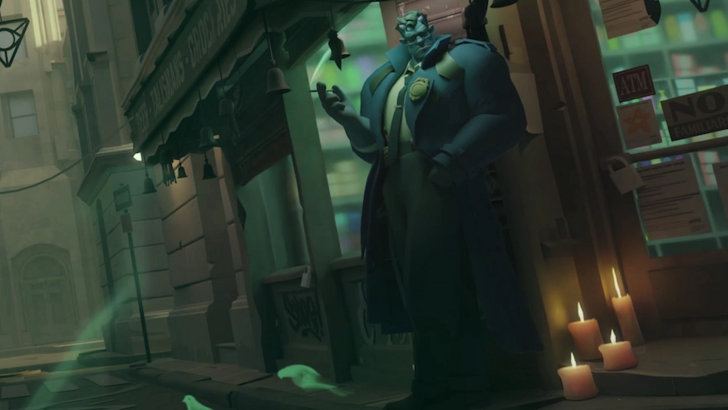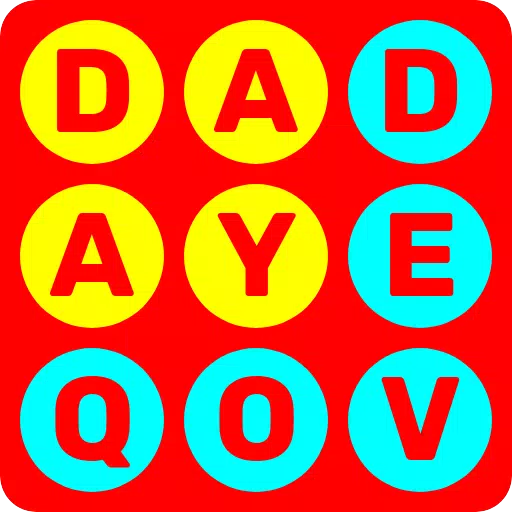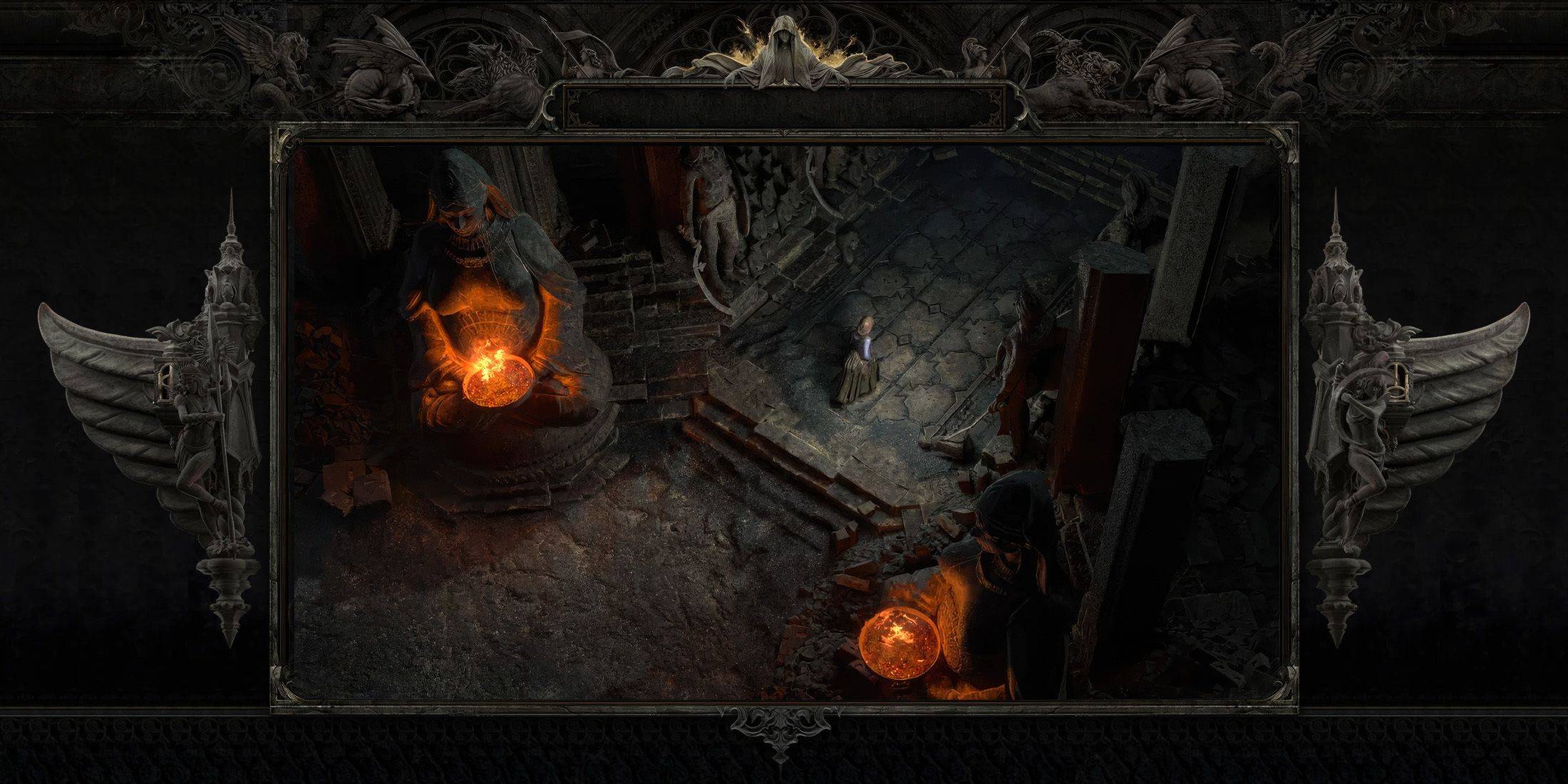 Valve's highly anticipated MOBA shooter, Deadlock, has finally emerged from the shadows with its official Steam page. This announcement follows a period of intense speculation and leaks, revealing details about its beta performance, gameplay mechanics, and a controversial approach to Steam store standards.
Valve's highly anticipated MOBA shooter, Deadlock, has finally emerged from the shadows with its official Steam page. This announcement follows a period of intense speculation and leaks, revealing details about its beta performance, gameplay mechanics, and a controversial approach to Steam store standards.
Valve Breaks the Silence on Deadlock
Deadlock Officially Launches on Steam
 The secretive nature of Deadlock has ended with Valve's official confirmation and the launch of its Steam page. The closed beta recently reached a peak of 89,203 concurrent players, a significant increase from the previous peak of 44,512 on August 18th. Valve has also lifted restrictions on public discussion, allowing streamers and community sites to openly share their experiences. However, it's important to note that Deadlock remains invite-only and is still in its early development stages, featuring temporary assets and experimental gameplay elements.
The secretive nature of Deadlock has ended with Valve's official confirmation and the launch of its Steam page. The closed beta recently reached a peak of 89,203 concurrent players, a significant increase from the previous peak of 44,512 on August 18th. Valve has also lifted restrictions on public discussion, allowing streamers and community sites to openly share their experiences. However, it's important to note that Deadlock remains invite-only and is still in its early development stages, featuring temporary assets and experimental gameplay elements.
Deadlock: A Unique MOBA Shooter Hybrid
 Deadlock blends MOBA and shooter mechanics in a 6v6 format, drawing comparisons to Overwatch. Teams battle for control across multiple lanes, commanding both hero characters and squads of AI-controlled Troopers. This creates dynamic, fast-paced matches requiring players to balance direct combat with strategic troop management. Key features include frequent Trooper respawns, continuous wave-based assaults, and the strategic use of powerful abilities and upgrades. The game boasts 20 unique heroes, each with distinct abilities and playstyles, encouraging diverse team compositions and strategic approaches.
Deadlock blends MOBA and shooter mechanics in a 6v6 format, drawing comparisons to Overwatch. Teams battle for control across multiple lanes, commanding both hero characters and squads of AI-controlled Troopers. This creates dynamic, fast-paced matches requiring players to balance direct combat with strategic troop management. Key features include frequent Trooper respawns, continuous wave-based assaults, and the strategic use of powerful abilities and upgrades. The game boasts 20 unique heroes, each with distinct abilities and playstyles, encouraging diverse team compositions and strategic approaches.
Valve's Store Page and the Controversy
 Deadlock's Steam page has sparked debate due to its apparent disregard for Valve's own store guidelines. The page currently features only a single teaser video, falling short of the required five screenshots. This has led to criticism, particularly from other developers who argue that Valve, as a platform owner, should adhere to its own standards. This situation mirrors previous controversies, such as the March 2024 Orange Box sale. The inconsistency raises questions about fairness and the application of Steam's platform policies. However, Valve's dual role as developer and platform owner complicates the issue, making traditional enforcement mechanisms less straightforward. The future handling of these concerns remains to be seen.
Deadlock's Steam page has sparked debate due to its apparent disregard for Valve's own store guidelines. The page currently features only a single teaser video, falling short of the required five screenshots. This has led to criticism, particularly from other developers who argue that Valve, as a platform owner, should adhere to its own standards. This situation mirrors previous controversies, such as the March 2024 Orange Box sale. The inconsistency raises questions about fairness and the application of Steam's platform policies. However, Valve's dual role as developer and platform owner complicates the issue, making traditional enforcement mechanisms less straightforward. The future handling of these concerns remains to be seen.

 Latest Downloads
Latest Downloads
 Downlaod
Downlaod




 Top News
Top News









